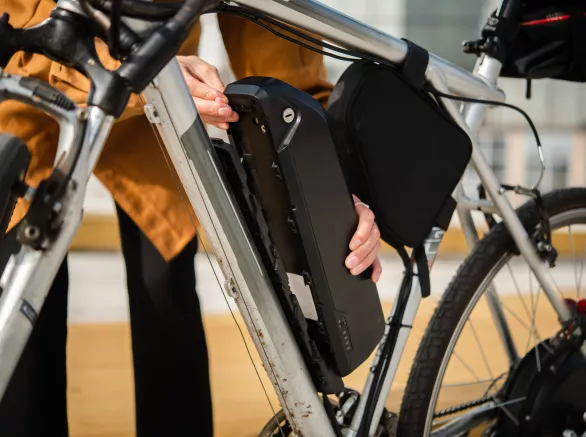October 14, 2020
Developers of diagnostic tests might find solutions to lack of asymptomatic samples or incentive to creatively report results in FDA's recommendations
On September 9, 2020, the U.S. Food and Drug Administration (FDA) held its weekly town hall-style meeting where the in vitro diagnostics (IVD) community was invited to ask clarifying questions about the emergency use authorization (EUA) process for SARS-CoV-2 diagnostic tests.
The key takeaways are listed below:
- Dr. Timothy Stenzel, director of the FDA Office of In Vitro Diagnostics and Radiological Health, and a key resource during these town hall meetings, has published an opinion piece on the efforts of FDA during the pandemic. The article responds to criticism of inefficiency at FDA and describes how the agency has chosen to balance flexibility with developers and safety for the public.
- Adding a claim that a test will work on asymptomatic populations requires validation data, including an FDA-recommended minimum of 20 asymptomatic patient samples. FDA acknowledges that asymptomatic samples are difficult to find and offers the flexibility of having half the samples be asymptomatic and the other half be matched symptomatic samples. For details on matching, reach out to FDA for advice and approval on a recommended study design. Validation with less than the recommended minimum data with asymptomatic individuals may require post-market studies.
- Many college campuses are engaging in large-scale screening and surveillance testing programs. FDA prompted developers in need of samples from asymptomatic individuals to work with those programs and within local regulations to enroll patients for validation studies. FDA cautions that whoever is collecting and testing the samples from the asymptomatic individuals should be blinded to whether the sample is positive or negative.
- Tests performed in locations without CLIA certifications (e.g., in the home) are not legally required to report their positive or negative results to public health authorities. However, FDA noted that they are actively encouraging developers to pair their diagnostic tests with reporting mechanisms. Popular methods have been via the connectivity inherent in the testing instrument or through an app designed for that purpose. Any reporting functionality or accompanying product ancillary to the diagnostic test itself will also require validation.
How Exponent Can Help
Exponent's multidisciplinary team of in vitro diagnostic, medical device, and pharmaceutical industry professionals develops safety information for products and processes that comply with pertinent standards, regulations, and best practices. With expertise in CLIA compliance, quality system establishment, and FDA assessments, Exponent can assist in reviewing submission packages, auditing labs, or performing due diligence and can assist with aspects of technical design, verification, and validation of the assay, instrument, or collection kit. Our offerings also include reviewing diagnostic data to assess the completeness of the package for submission according to any of the EUA pathways.
Insights

